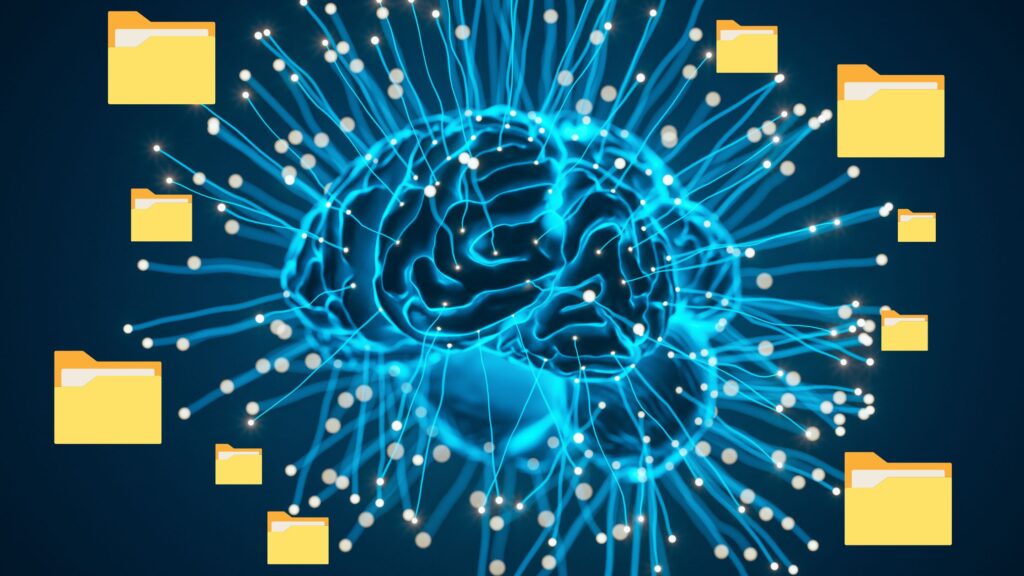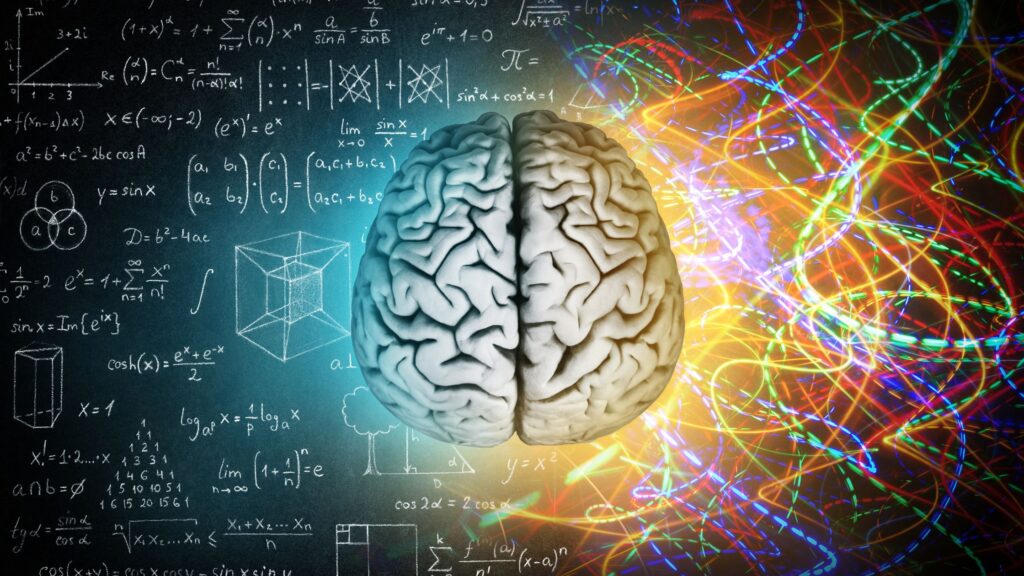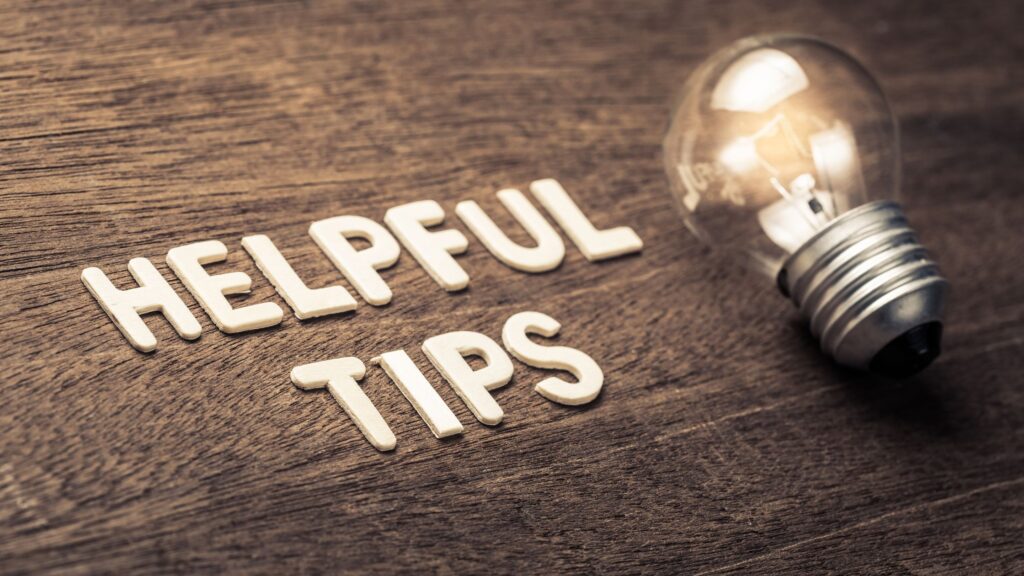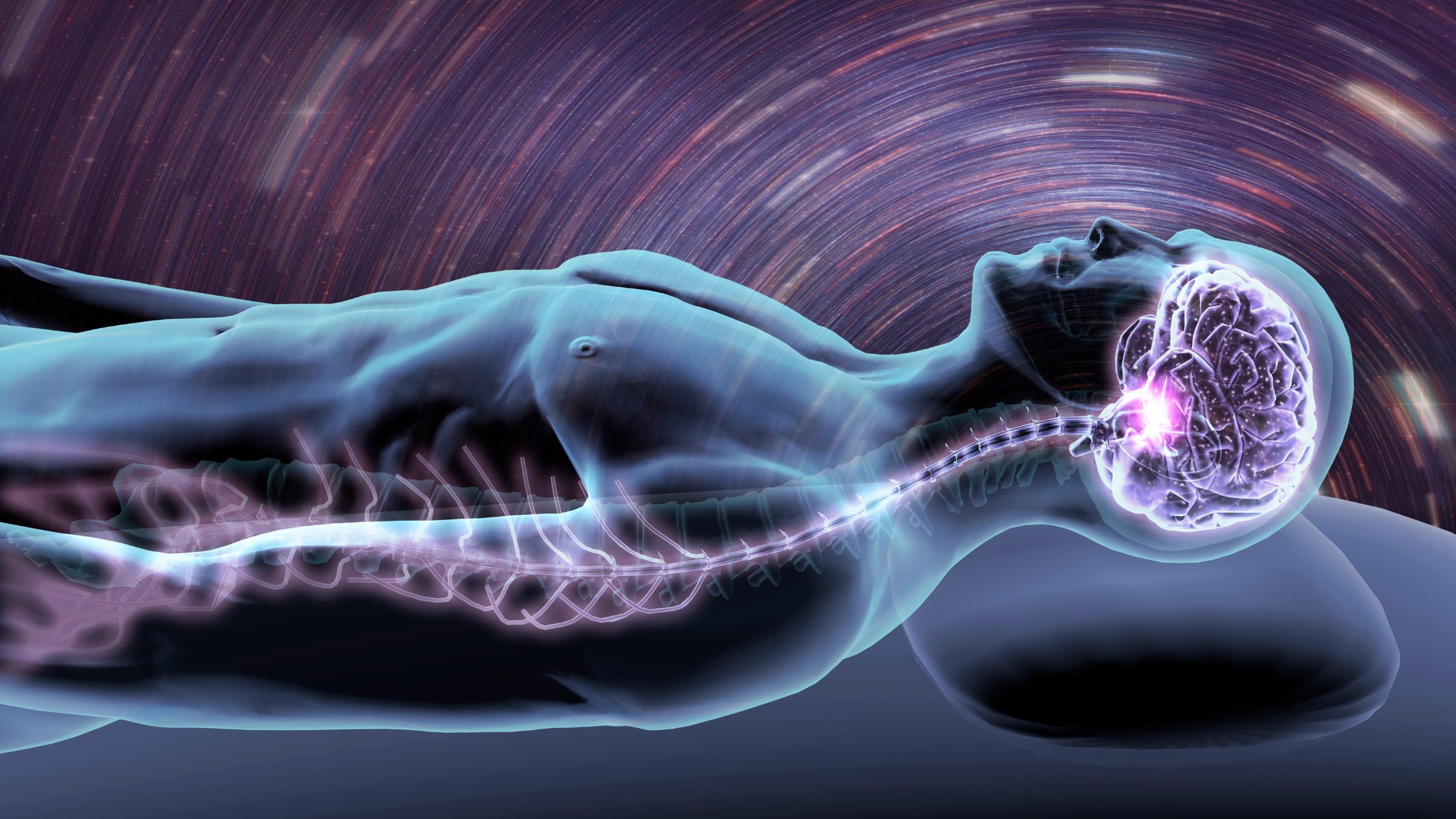We all know that sleep is important, but have you ever wondered what happens to your brain while you’re sleeping, off in dreamland? It is something I’ve often thought about. When I did a sleep test a few years ago, they had me hooked up to dozens of wires and I was really curious about what kind of readings they might get. According to many sources, sleeping is not just a time for rest — your brain is doing some serious heavy lifting during sleep. From processing memories to cleaning out toxins, your brain is hard at work even when you’re snuggled under the covers. So, let’s dive into the fascinating science behind what actually happens to your brain while you’re sleeping.
Table of Contents
The Different Stages of Sleep and How They Impact Your Brain
Before we can understand what happens to your brain during sleep, it’s helpful to know about the stages of sleep. Sleep isn’t just one continuous state; it cycles through four stages multiple times throughout the night. Here’s a quick breakdown:
- Stage 1 (Light Sleep): This is the “dozing off” stage when you first fall asleep. Your brain activity starts to slow, and you may experience that weird falling sensation, jerking yourself awake.
- Stage 2 (Deeper Light Sleep): In this stage, your brain activity slows down even more, and your body temperature drops. You’ll spend about half of your sleep in this stage.
- Stage 3 (Deep Sleep): Also called “slow-wave sleep,” this is the deepest stage of non-REM sleep. Your brain waves become much slower, and it’s harder to wake you up. This stage is crucial for physical recovery and regeneration.
- REM Sleep (Rapid Eye Movement): This is the stage of sleep where dreams happen. During REM sleep, your brain activity becomes more active, almost similar to when you’re awake. Your eyes dart back and forth (hence the name), and your brain processes emotions and memories.

Memory Consolidation: Your Brain’s Filing System
One of the most important functions of sleep is memory consolidation — this is when your brain organizes and stores memories from the day. Think of it like a filing system. During the day, your brain collects a ton of information, but it’s a jumbled mess. During sleep, particularly during deep sleep and REM sleep, your brain sorts through these memories, decides what’s important, and files them away for future reference.
A study published in Nature Neuroscience found that a good night’s sleep improves the ability to recall information and perform memory-related tasks (Diekelmann & Born, 2010). That’s why you might wake up after a night of studying and suddenly remember that tricky math formula!
Emotional Processing: Why You Should “Sleep on It”
Ever had a rough day and felt better after a good night’s sleep? There’s science behind that. Sleep helps regulate your emotions, processing difficult or stressful experiences. During REM sleep, the brain works through emotional memories, helping you process and move past negative feelings. It’s no wonder people often say, “Sleep on it” before making a tough decision.
A study from the Journal of Neuroscience showed that participants who had REM sleep after watching emotionally charged videos were better able to manage their emotions the next day (van der Helm et al., 2011). Sleep acts like your brain’s personal therapist, helping you manage stress and emotional trauma.
Brain Detox: The Glymphatic System at Work
Here’s something you may not have heard before: Sleep is like a car wash for your brain. During sleep, particularly in the deep sleep stage, your brain clears out toxins that build up while you’re awake. This process happens through something called the glymphatic system — think of it as the brain’s waste disposal system.
A groundbreaking study from the Journal of Science found that the glymphatic system becomes more active during sleep, clearing out proteins like beta-amyloid, which is linked to Alzheimer’s disease (Xie et al., 2013). In other words, sleep isn’t just about feeling rested; it’s crucial for your long-term brain health.

Creativity and Problem-Solving: Why Ideas “Click” After Sleep
Have you ever gone to bed with a problem on your mind, only to wake up with the perfect solution? That’s not a coincidence. Your brain is actively working on creative and problem-solving tasks while you sleep, particularly during REM sleep.
A study from The Journal of Sleep Research showed that participants who slept after working on a problem were more likely to come up with creative solutions than those who stayed awake (Wagner et al., 2004). So, next time you’re stuck on a project, maybe the best thing you can do is hit the hay and let your brain sort it out for you!
Hormone Regulation: Balancing Your Mood and Health
During sleep, your brain also regulates the release of important hormones that affect your mood, energy levels, and overall health. For example, it regulates the production of cortisol, the stress hormone. If you don’t get enough sleep, your cortisol levels can spike, leading to anxiety and stress the next day.
On the flip side, sleep helps your brain regulate serotonin, the “feel-good” hormone that helps keep your mood in check. That’s why a bad night’s sleep can make you feel irritable and cranky.

Sleep Tips for a Healthier Brain
So, now that you know how important sleep is for your brain, how can you make sure you’re getting the most out of it? Here are some tips:
- Stick to a Regular Sleep Schedule: Going to bed and waking up at the same time every day helps regulate your internal clock. This makes it easier for your brain to enter deep sleep and REM stages.
- Create a Sleep-Inducing Environment: Keep your bedroom cool, quiet, and dark. This signals to your brain that it’s time to wind down.
- Limit Caffeine and Alcohol: Both can interfere with your sleep cycle, especially REM sleep. Try to avoid caffeine after 2 PM and limit alcohol before bed.
- Consider CBD Oil for Relaxation: Some studies suggest that CBD oil may help reduce anxiety and promote better sleep (Shannon et al., 2019). Just make sure to consult with your doctor first.
- Unplug Before Bed: The blue light from screens can mess with your melatonin production, making it harder to fall asleep. Try putting your phone down at least 30 minutes before bed.
This is what happens to your brain while you’re sleeping: Sleep is Brain Fuel
Your brain doesn’t just “shut off” when you sleep. It’s doing some of its most important work — from processing memories to cleaning out toxins and even regulating your emotions. Understanding how sleep impacts your brain can help you appreciate just how crucial it is to get those 7-9 hours a night. So, next time someone tells you sleep is overrated, you’ll know exactly why that’s not true. Get your beauty sleep, for your brain’s sake!
References:
- Diekelmann, S., & Born, J. (2010). The memory function of sleep. Nature Reviews Neuroscience, 11(2), 114-126.
- Shannon, S., Lewis, N., Lee, H., & Hughes, S. (2019). Cannabidiol in Anxiety and Sleep: A Large Case Series. The Permanente Journal, 23.
- van der Helm, E., Gujar, N., Nishida, M., & Walker, M. P. (2011). Sleep-dependent facilitation of emotional episodic memory. The Journal of Neuroscience, 31(5), 1810-1818.
- Wagner, U., Gais, S., Haider, H., Verleger, R., & Born, J. (2004). Sleep inspires insight. Nature, 427(6972), 352-355.
- Xie, L., Kang, H., Xu, Q., Chen, M. J., Liao, Y., Thiyagarajan, M., & Nedergaard, M. (2013). Sleep drives metabolite clearance from the adult brain. Science, 342(6156), 373-377.
*Affiliate Disclaimer*: Some of the links in this article may be affiliate links, which means I may earn a small commission if you click through and make a purchase, at no additional cost to you. As an affiliate marketer, I earn from qualifying purchases. This helps me provide free content to my readers. Thank you for your support. I truly appreciate it!
*Medical Disclaimer*: The information provided in this article is for educational and informational purposes only and is not intended as medical advice. We are not healthcare professionals, and the content should not be used as a substitute for professional medical consultation, diagnosis, or treatment. Always seek the advice of your physician or another qualified healthcare provider with any questions you may have regarding a medical condition or before starting any new supplements, medications, or health-related changes.


